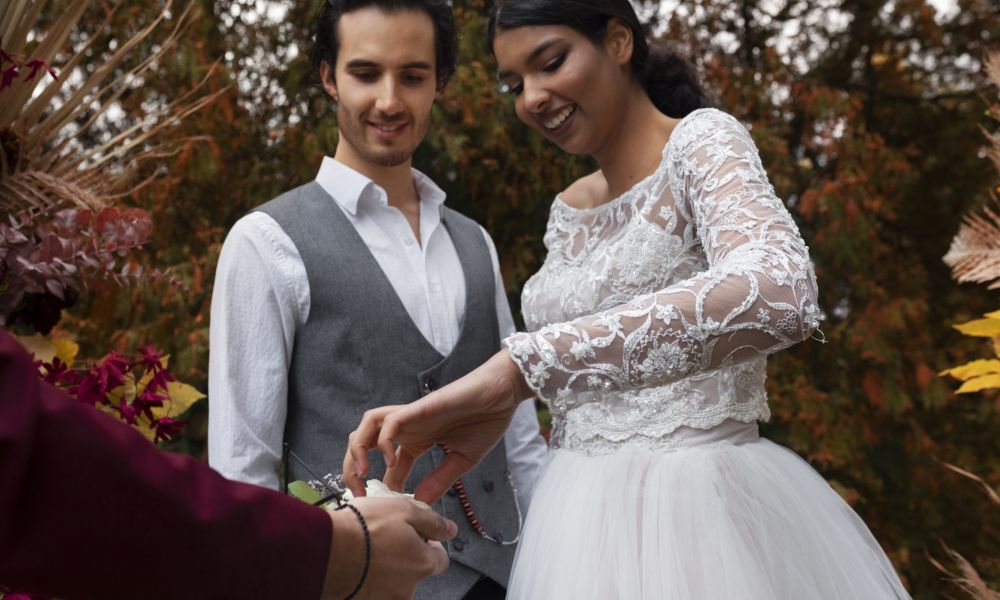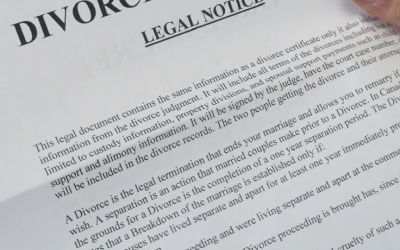
Can a Muslim Marry a Non-Muslim? Understanding Sharia Law & Marriage Rules
Table of Contents ▼
Marriage is a meaningful and beautiful journey in life, particularly for Muslims, for whom it carries great spiritual importance. But when love crosses religious boundaries, it can introduce challenges, especially in the light of Sharia law. A common question is: can a Muslim marry a non-Muslim?
Let’s walk through this issue clearly, using trusted references from Islamic and governmental sources.
Marriage and Sharia Law
Marriage in Islam is considered a sacred commitment, grounded in love, mercy, and faith. Sharia law, which governs the lives of Muslims, sets forth specific rules for marriage. Compatibility in religion is a vital foundation for a strong Islamic marriage, as Islam considers religion essential for family life, decision-making, and the upbringing of children.
According to the UAE government portal, for a marriage to be valid under Sharia law, both partners must have similar religious beliefs. This brings up the question: can a Muslim marry a non-Muslim? The answer varies depending on whether the question is directed at a Muslim man or a Muslim woman, as Sharia law applies differently to each.
Can a Muslim Man Marry a Non-Muslim Woman?

Islam allows a Muslim man to marry a non-Muslim woman, but this is not an unrestricted permission. According to the Quran and Islamic scholars, a Muslim man can marry a woman who is from the “People of the Book”—meaning practicing Jews and Christians. This means that if a Jewish or Christian woman is known for her chastity, modesty, and faithfulness, she can marry a Muslim man.
However, certain conditions must be met for the marriage to be considered permissible. The woman must follow her faith sincerely—atheists or those without religious beliefs are excluded.
Additionally, she must live a chaste and modest lifestyle. The marriage must not undermine the Muslim man’s religious commitment or the Islamic upbringing of their children.
While the practice of interfaith marriages is allowed in many Muslim countries, including the UAE, there are still strong cultural and social pressures that encourage Muslims to marry within the faith. This is because practical issues like religious observances, education, and family dynamics may become difficult to navigate for interfaith couples.
Can a Muslim Woman Marry a Non-Muslim Man?

The question of whether a Muslim woman can marry a non-Muslim man is answered with a clear “No” in Islam. Even though a Muslim man can marry a non-Muslim woman, the rules change dramatically when the roles are reversed.
The prohibition holds true regardless of whether the non-Muslim man is from the “People of the Book” (Jews or Christians). This is not a cultural stance but a direct ruling from the Quran and Islamic scholars.
The reasoning for this prohibition is based on the traditional family structure in Islam, where the husband is viewed as the head of the household. Islam places a strong emphasis on the protection of a Muslim woman’s faith.
There is concern that a non-Muslim husband may not support his wife’s religious practices, and this could have an impact on their children’s upbringing, potentially distancing them from Islam. This ruling seeks to ensure that the family remains grounded in Islamic values and that the faith of the Muslim woman is safeguarded.
Interfaith Marriage in Today’s World

Living in a global village means that people from diverse cultures and religions are engaging with each other more frequently, leading to a rise in interfaith relationships.
As a result, many countries have been forced to modify or reinterpret their laws to better address the realities of modern, multicultural societies. But the question remains: Can a Muslim marry a non-Muslim?
Muslim-majority countries differ significantly in their legal treatment of interfaith marriages. For example, the UAE allows non-Muslims to marry under civil law, but Muslim marriages are still required to follow Sharia law.
This dual system ensures that religious customs and practices are respected while accommodating the needs of non-Muslim citizens. However, in countries like Saudi Arabia, Sharia law is strictly applied across all marriages, without exceptions for interfaith unions.
Despite the rise of interfaith marriages, the core principles of Sharia law continue to guide marriage laws in these regions.
Conversion as a Solution?
In some situations, a non-Muslim partner may decide to convert to Islam, which can resolve the obstacles preventing marriage. However, it is important to note that conversion must be done with sincerity and conviction. Islam emphasizes that embracing the faith should come from a genuine belief in its teachings, not merely to fulfill a desire to marry someone.
Many Islamic scholars stress that couples who consider conversion should take the time to understand Islam deeply.
It’s essential to make sure that the decision to convert is a true, heartfelt one, rather than being motivated by the desire to marry a particular person. A sincere conversion leads to a stronger connection with Islam and ensures that the commitment is lasting and meaningful.
Ready to Start Your Journey Together?
Sharia law’s guidelines are meant to protect faith, family, and future generations, not complicate life. If you or someone you know is contemplating an interfaith marriage, it’s always wise to consult with knowledgeable scholars and understand both religious and legal requirements.
At Easy Wedding, we specialize in making your Islamic marriage process simple, beautiful, and stress-free, wherever you are on your faith journey.
Visit Easy Wedding today and take the first step toward your happily ever after!


